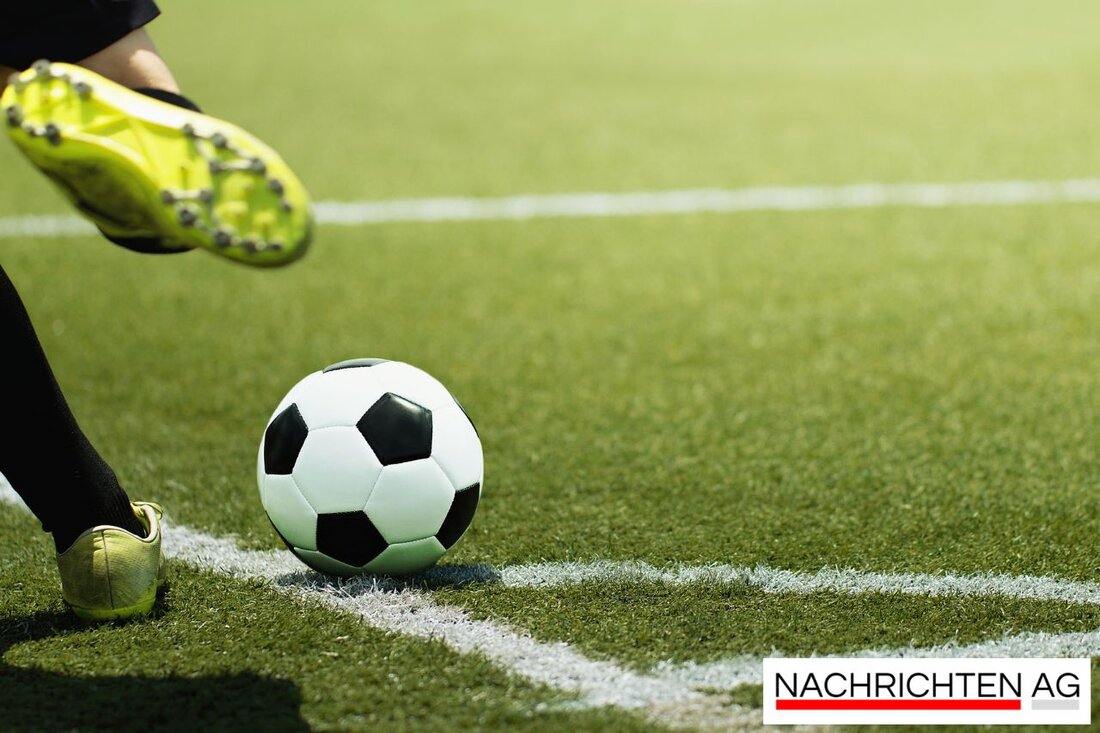Football in the East: Discussion about 35 years of change in Magdeburg!
Find out more about the panel discussion on the change in GDR football on October 27th. in the Magdeburg Central Library. Admission free!

Football in the East: Discussion about 35 years of change in Magdeburg!
Football lovers take note! While the debate about the club's history after reunification is in full swing, an exciting panel discussion will take place next Monday, October 27th, at 5 p.m. in the Magdeburg Central Library. The topic? The changes in football in eastern Germany since the fall of communism. The event promises insightful insights, with the participants all being proven experts in their field. Lutz Lindemann, former GDR national player and current presenter of “Sport im Osten” on MDR, will be present, as will the author Frank Willmann and journalist Jan Mohnhaupt, who will not publish his book about the turning point in football until 2026.
The spectrum of the discussion ranges from the changes in GDR football to the ups and downs of East German clubs. Clubs such as 1. FC Magdeburg, Dynamo Dresden and Union Berlin are highlighted. And the best part? Entry is free! It's definitely worth taking a look, because the changes in football offer plenty to talk about.
Past successes and hard times
1. FC Magdeburg is one of the most exciting stories in East German football. In 1974 they sensationally won the European Cup Winners' Cup, which is considered the only outstanding success in GDR club football. But the change also brought with it hard times. The club fell into amateur football after failing to qualify for the Bundesliga in the final season before the merger. Until returning to the second division in 2018, the FCM was often no higher than the fourth division.
After the fall of the Berlin Wall, many East German clubs struggled with the consequences as West German teams poached the best players. Legendary striker Andreas Thom was one of the first to move from BFC Dynamo to Bayer Leverkusen in 1990. These transfers meant that only two clubs – Hansa Rostock and Dynamo Dresden – made it into the Bundesliga. The economic situation became increasingly precarious, which ultimately led to Dynamo Dresden being denied a license for the second division in the 1990s and often forcing the club into the lower leagues.
Commercialization and its consequences
The discussion about football in the East is also shaped by the commercialization of the sport. According to the Federal Agency for Civic Education, reunification greatly reduced football in the GDR, marking the end of a sporting era. Players were no longer supported by the state as before, and the DFB did not have much support for the East German clubs, which contributed to the dissolution of many clubs. This development led to a massive decline in older clubs and left many in a real existential crisis.
However, the perception of East German football has changed in recent years. Despite the deep economic cuts and the many challenges, several clubs have managed to return to higher leagues. In addition, over 22% of the 880 youth players who have played for Germany in the last ten years now play from the East, which is remarkable. It shows that the roots of Eastern football have by no means disappeared after the fall of communism.
Fan culture has also changed; Many old enmities still exist, but the community among fans has increased. It remains to be seen how the development of fans and clubs in Eastern football will continue in the coming years. One thing is certain: the topic remains exciting and will also be discussed in the panel discussion on Monday.
Further information about the event can be found at radiosaw.de, to East German football dw.com and the history of football in the GDR bpb.de.

 Suche
Suche
 Mein Konto
Mein Konto